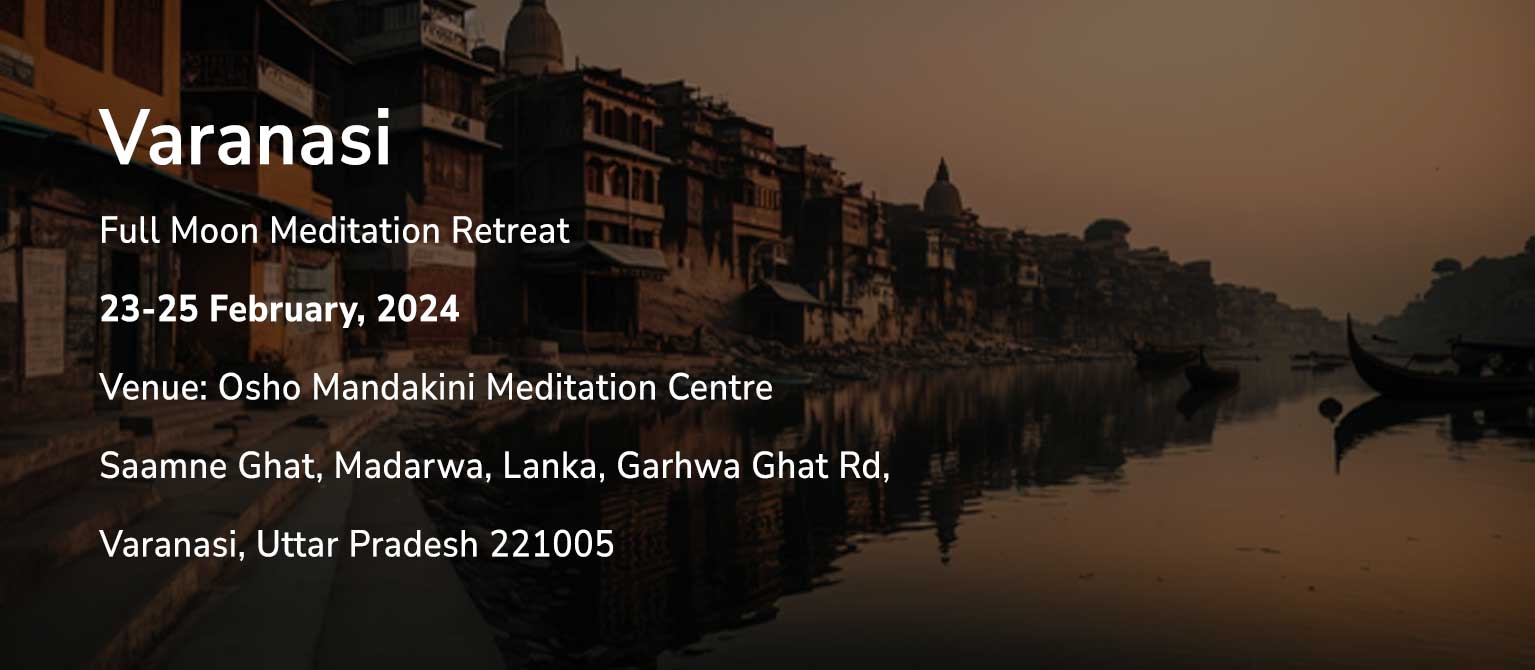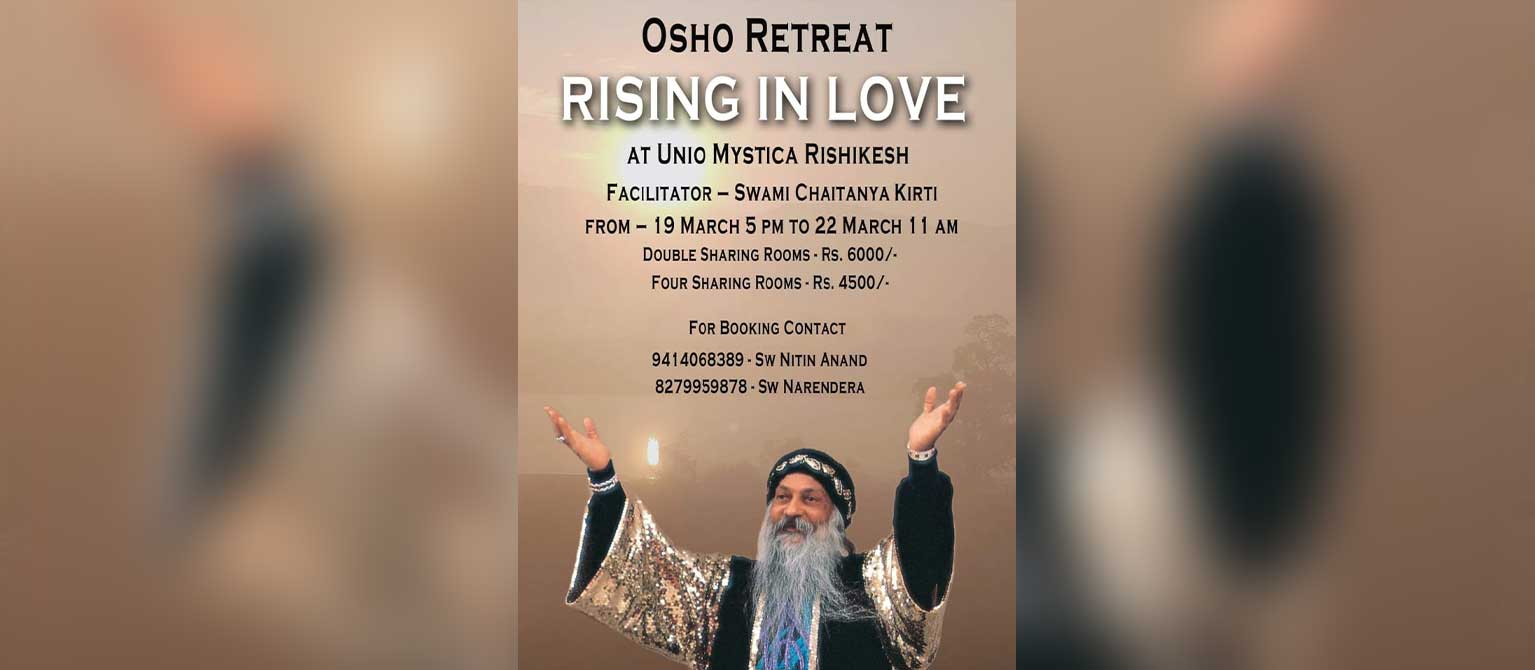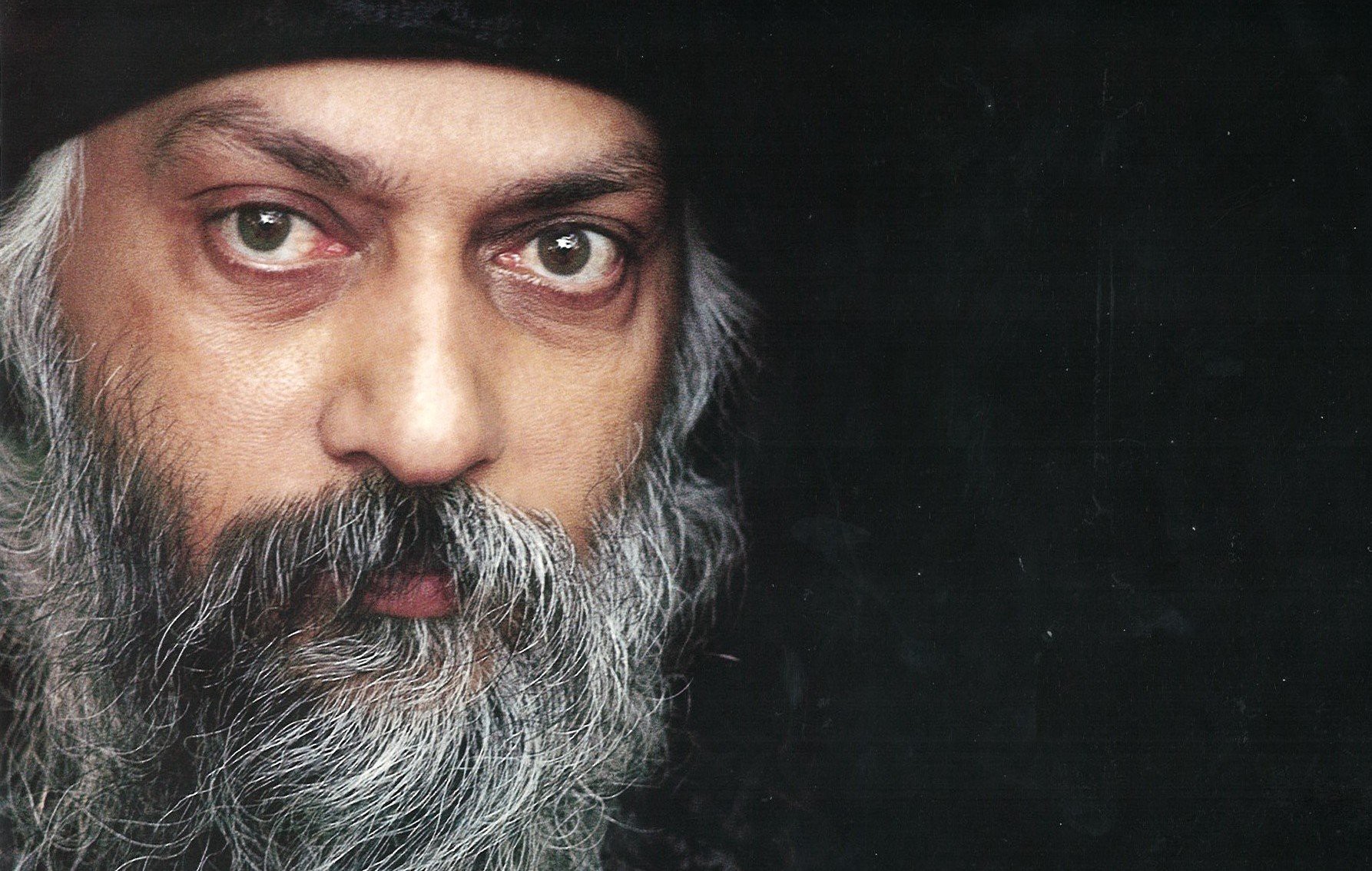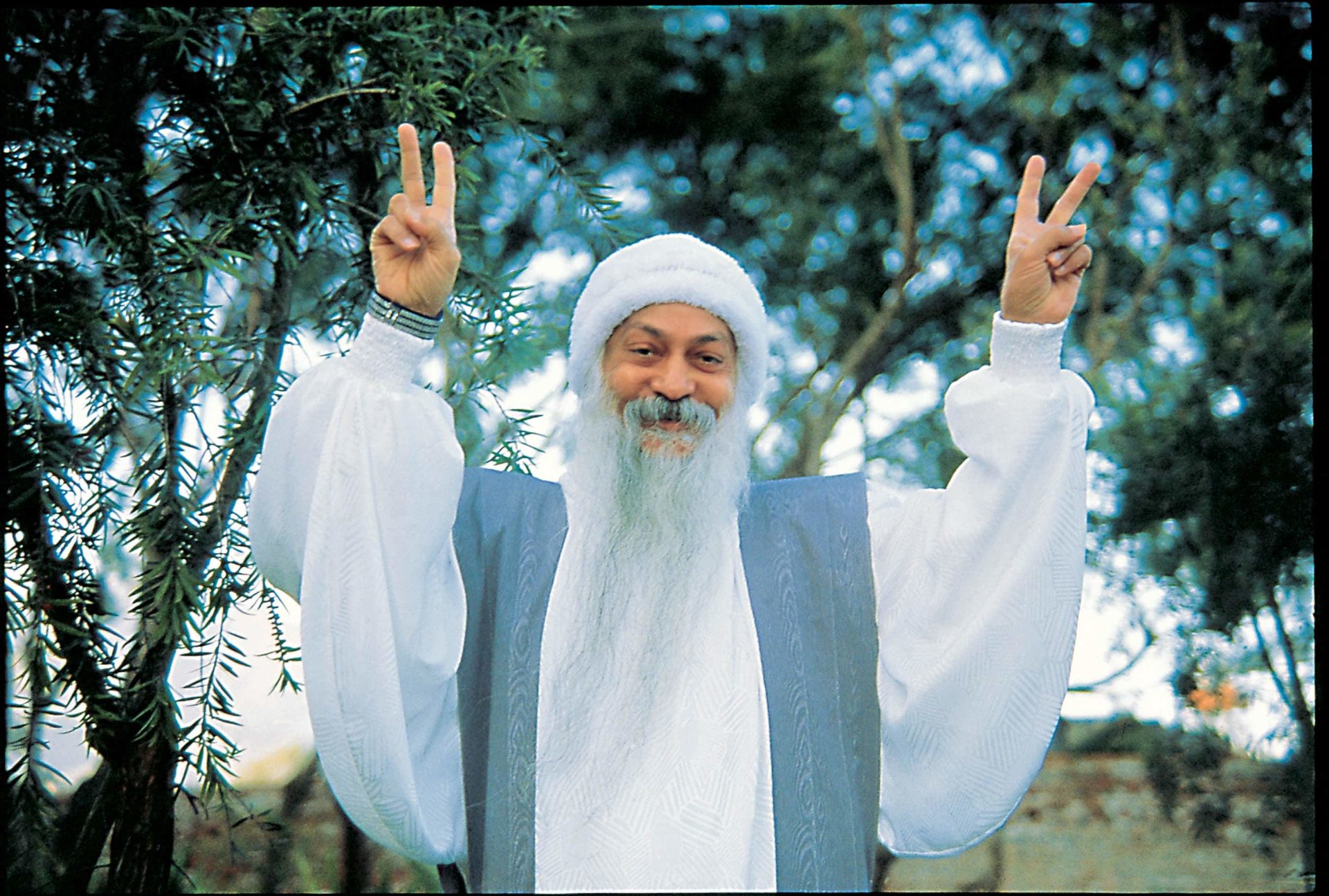Swami Chaitanya Keerti
Indian Express
January 11, 2001
Through the ages, Indians have given more importance to mythology than to history; timelessness rather than fleeting time. In ancient Indian scriptures like the Puranas, we have an eminent mystic called Ashtavakra. When he was 12 years old, the Emperor Janak hosted a huge conference of pundits from all over the country to discuss the ultimate truth.
Janak offered the winner a reward of 1,000 cows with their horns plated with gold and decorated with jewels. A great debate ensued, in which Ashtavakra’s father also participated. At dusk, Ashtavakra came to know that his father was losing to a renowned pundit called Vandin after defeating all the others.
Ashtavakra rushed to the palace. On entering he saw that his father’s defeat was a forgone conclusion. The learned pundits were amused to see Ashtavakra’s body bent and deformed in eight places. As he moved into the court, many started laughing at him. The whole conference broke into laughter. Seeing this, Ashtavakra also roared with laughter. Janak asked, ‘‘Everyone else is laughing. I can understand why they laugh, but why did you laugh, my son?’’
In response, Ashtavakra said, ‘‘I am laughing because the truth is being explored in this conference of leather mongers instead of seekers of truth. What are all these skinners doing here’’ A deep silence fell over the meeting.
The king asked, ‘‘What do you mean?’’ Ashtavakra said, ‘‘It is simple and straightforward: They only see skin, they don’t see me. It is difficult to find a man more pure and simple than me, but they don’t see this; they see a bent and deformed body. They are leather mongers, they judge one by the skin. Your Majesty, in the curve of a temple is the sky curved? When a pot is smashed, is the sky smashed? The sky is beyond change. My body is twisted, but I am not. Look at the one within. You can’t find anything more straight and pure.’’
Pin-drop silence followed this startling declaration. Janak faced the brutal truth: Why had he gathered a crowd of leather mongers there? He became repentant and felt guilty that he, too, had laughed. The next day when he was out on his morning ride he saw Ashtavakra. Janak dismounted from his horse and fell at his feet because the day before, in front of everyone, he couldn’t find the courage to do so.
The day before he had said, ‘‘Why do you laugh, my son?’’ Ashtavakra was a boy of 12 years, and Janak had considered his age. This day he didn’t notice the age. This day he got down from his horse and fell at Ashtavakra’s feet, spread-eagled in prostration.
He said, ‘‘Please visit the palace, and satisfy my eagerness for the truth. Oh Lord, be so gracious as to come to my home. I have understood! I couldn’t sleep the whole night. You spoke truly: what depth of understanding have those who recognise only the body? They are debating the being, but attraction and repulsion for the body still arise; hate and attraction still arise. They are looking at death while talking of the deathless! I’m blessed that you came and disturbed me, that you broke my sleep. Please come to the palace!’’
Janak had the palace decorated magnificently to welcome Ashtavakra and had the 12-year-old Ashtavakra seated on a golden throne. Then he put his questions to him. From then onwards, Janak asked and Ashtavakra explained. The result was a magnificent scripture Ashtavakra Samhita which has been called as Mahageeta by the modern mystic Osho who has commented extensively on this.
Copyright © 2001 Indian Express Newspapers (Bombay) Ltd.








